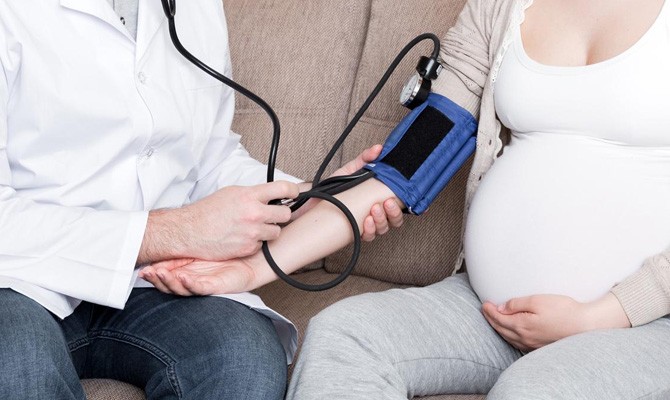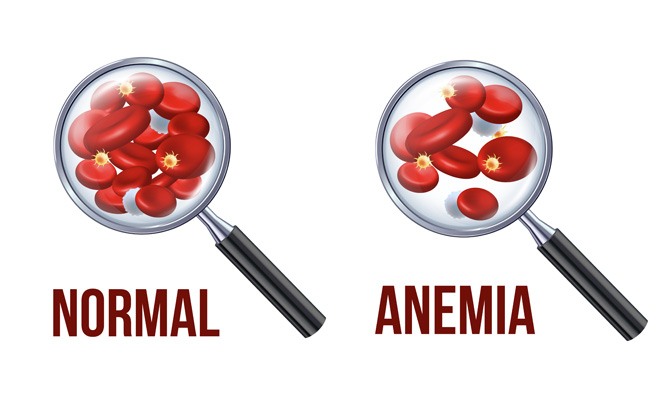PIH can increase the risk of complications during pregnancy, such as preeclampsia, premature birth, and low birth weight. It can also lead to health problems for the mother, such as kidney damage or stroke. To manage PIH, women may need to monitor their blood pressure more frequently, follow a healthy diet and exercise plan, and take medication as prescribed by their healthcare provider, such as Dr. Arati Kotpal at Kotpal Hospital.


